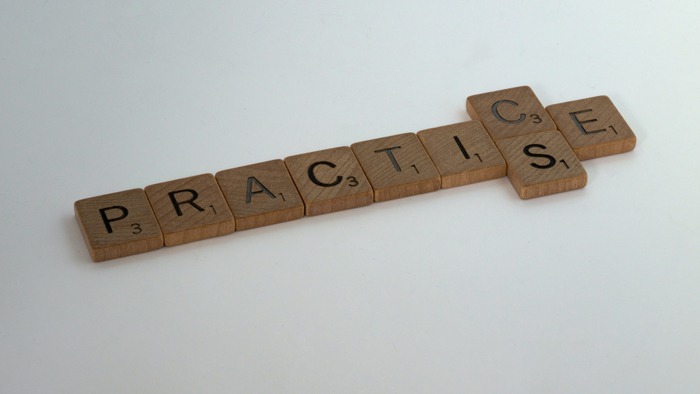If you’re reading this, it’s probably because you’ve heard about the “10,000-hour rule.” It goes something a little like this: if you practice a single skill, activity or hobby for 10,000 hours, that will be enough time spent to become an expert in that particular field. You just practice, practice, practice, and with enough dedication, you’ll get there eventually.
But where does this idea even come from? And on what evidence? Here we look into the 10,000-hour rule to give you an idea of just how credible it is and how strongly you should stick to it in your pursuit of expertise.
Origins of the 10,000 Hour Concept
A lot of popular writers and professors have used the 10,000-hour rule as a foundation for their self-help books (which are well-known to cleverly bend the rules of good science in their goal of motivating and inspiring the reader for self-betterment). Big proponents of the rule include psychologist and writer Malcolm Gladwell and Fortune Magazine senior editor Geoff Colvin.

But the idea can actually be traced back to 1993 when Professor K. Anders Ericsson was studying expert performance among violin players in a paper called “The Role of Deliberate Practise in the Acquisition of Expert Performance.” The study found that elite violinists had averaged over 10,000 hours of practice each, while the rest had put in only 4,000 hours. This led to the conclusion that “natural” talent wasn’t as significant in attaining expertise as intense practice time greater than 10 years.
The study didn’t specify 10,000 hours as some kind of magic number, but years later self-help books latched onto this as a rule. The reality, as Ericsson himself would later confirm, is that there never was a “rule” in the first place.
The real findings were still fascinating – that innate talent was virtually non-existent as a factor in comparison with hard work and intense practice. We can all take inspiration from this, as it shows the merits of hard work and dedication. But the 10,000-hour “rule” was little more than a marketable detail that opportunistic self-help gurus would later latch onto.
From Scientific Method to Myth
Nearly two decades later, in 2008, Malcolm Gladwell released his popular book Outliers, in which one of the chapters was titled “The 10,000-Hour Rule.” This chapter referenced Ericsson’s study, latching onto 10,000 hours and taking it out of context.

Specifically, Gladwell says that “researchers have settled on what they believe is the magic number for true expertise: 10,000 hours.” His conclusion?
Ten thousand hours is the magic number of greatness.
Malcolm Gladwell, Outliers
Catchy, right? But while there’s plenty of merit to the message, that hard work counts for a whole lot more than natural talent. The number itself is based on (probably willful) misinterpretation.
Ericsson himself refuted the 10,000-hour rule with a paper in 2012 titled “The Danger of Delegating Education to Journalists.” In it, Ericsson pointed out the flaws in Gladwell’s thinking. The 10,000-hour number was just an average for a start, meaning that many elite violinists put in far fewer than 10,000 hours, while others put in far more time.
Ericsson also added that the quality of practice is important, as is the role of a good teacher. In a recent podcast appearance on the Good Life Project, Ericsson also talks about different styles of practice: traditional, purposeful and deliberate. All these, he believes, are important variables in how far you can go in a given profession. –

There are further studies, too, that show things to be far more complicated than a single big number. A Princeton study back in 2014 found that the role of deliberate practice in attaining success varies massively by profession and field. In music, for example, deliberate practice made a 21 percent difference in success. In sports 18 percent, while in education it was only 4 percent and in professions just 1 percent. This suggests that the style and stability of the profession plays a big part in how good you can become.
Then there’s the matter of natural talent, which Ericsson argues against. But it remains a relevant question when we talk about great bands, great sportspeople, and other elite performers in their particular fields. But one thing’s for certain: the 10,000-hour rule is pretty much plucked from the air – an appealing but ultimately unscientific distillation of the valid idea that practice makes perfect.
How much practice? The truth is we don’t know exactly, which is all the more reason to keep going.
For more life tips, see our breakdown of what “constructive criticism” really means. Our manifestation journal guide can also help guide you towards a better you.

